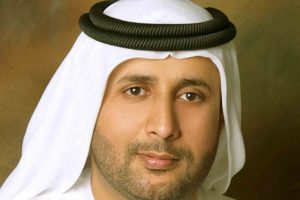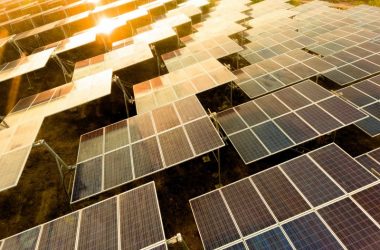
Empower CEO and United Nations Environment Programme (UNEP) advisor Ahmad Bin Shafar has highlighted the importance of district cooling in delivering energy efficiency.
Bin Shafar’s – who plays a key role in the UN in its global efforts to raise awareness on district cooling as a means to reduce energy consumption – comments follow the launch of the UAE Transformation Map, which was revealed recently at the World Economic Forum.
He highlighted how if district cooling is incorporated from the planning stage of infrastructure development, it could address a crucial aspect of the UAE’s key targets in its transformation.
“The UAE has placed strong priority on sustainability and innovation,” Bin Shafar said. “Investing in the country’s available technologies will certainly push its sustainability agenda to the forefront of global development efforts towards securing the optimum use of our natural resources as well as technological advancements. Here is a genuine chance for major players in the infrastructure and property sector to create a big difference.”
Under the UAE Transformation Map’s environmental sustainability and resource security targets, decarbonisation of infrastructure and energy projects is one of the government strategies that could help the country and the region mitigate the impacts of climate change.
As the energy sector is among the biggest contributors to carbon dioxide CO2 emissions, the UN has adopted various initiatives in the global efforts to reduce the sector’s impact on the environment. District cooling has been listed as one of six energy efficiency accelerators under the UN’s Sustainable Energy for All initiative.
Bin Shafar said that the private sector needs to step up its game in developing projects that are geared towards meeting the UAE’s decarbonisation efforts, by implementing district cooling solutions in its project right from the planning phase, and added that the UAE has great potential to contribute to climate change mitigation by investing in environmentally-sustainable solutions.
The UAE has been proactively implementing various initiatives to mitigate its emissions and has successfully harnessed solar power to reduce dependence on conventional fuel. Renewable energy sources are seen to increase in the UAE from less than 0.1 per cent of the country’s total energy consumption mix to 10 per cent by 2030.





